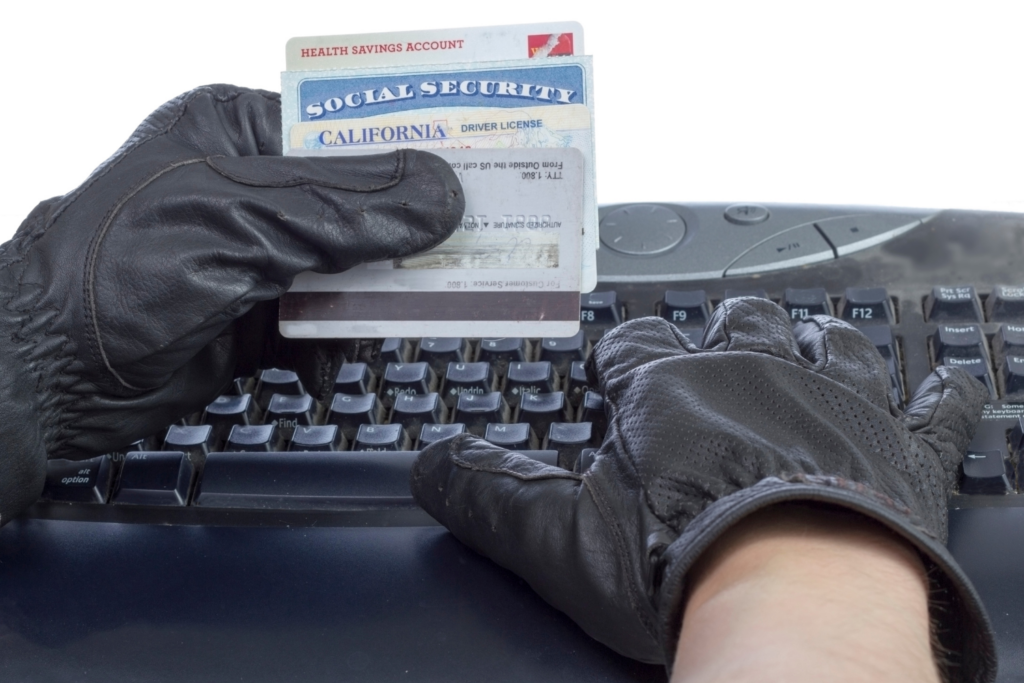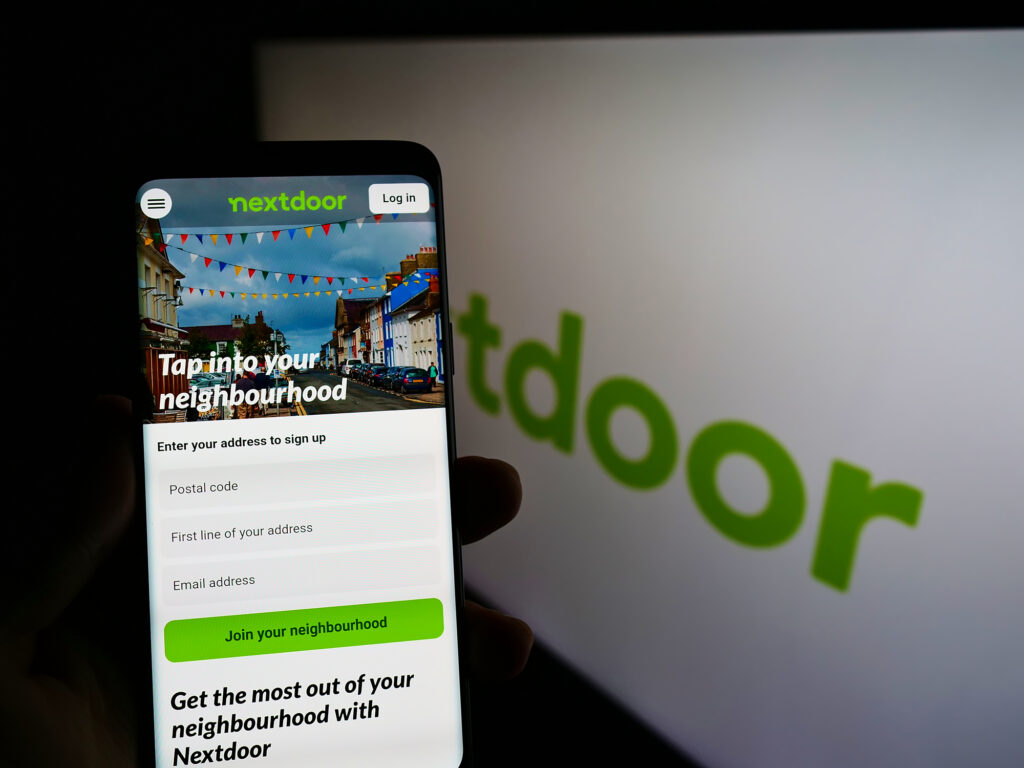
Got a wonderful event coming up? You’re probably excited and in a dilemma at the same time. Hosting an event can be a thrilling but complex undertaking. Whether it’s a corporate conference, a wedding, a product launch, fundraiser, or a community gathering, successful event hosting requires careful planning. You have to pay attention to detail and be effective with your execution. When you feel in control, you will be less confused.
In this guide, we’ll explore key tips to ensure your event is not only memorable but also runs smoothly from start to finish.
Contents
- 1. Define Your Objectives
- 2. Know Your Audience
- 3. Budgeting
- 4. Seamless Registration Process
- 5. Effective Marketing and Promotion
- 6. Develop a Comprehensive Timeline
- 7. Professional Event Team
- 8. Early Planning is Key
- 9. Choose the Right Venue
- 10. Engaging Content and Activities
- 11. Technology Integration
- 12. Contingency Planning
- 13. On-Site Coordination
- 14. Gather Feedback for Improvement
- Wrapping Up
1. Define Your Objectives
Before diving into the logistics, the first thing to do is to define the objectives of your event clearly. What do you want to achieve? Whether building brand awareness, celebrating a milestone, or fostering community engagement, having well-defined goals will guide your planning process and help measure success. It becomes easier to know what to do when you know where you’re going.
2. Know Your Audience
For your audience to be excited by the event, you must align it with their interests, which comes from understanding your audience. When you know them, you can tailor the event to their preferences. Consider demographics, interests, and expectations. This knowledge will influence everything from the event theme and activities to the choice of venue and catering.
3. Budgeting
Create a detailed budget that covers all aspects of the event, including venue rental, catering, entertainment, marketing, and unforeseen expenses. Having a clear budget will help you make informed decisions and prevent overspending.
4. Seamless Registration Process
Make the registration process easy and user-friendly. To do so, implement online registration forms that help you streamline the process, collect attendee information efficiently, and provide instant confirmation. Some of these innovative signup forms can even support the event promotion, as you can share them on social media directly. If the event is a paid one, a streamlined signup form would be able to make payment and cancellations seamless.
5. Effective Marketing and Promotion
Create a buzz around your event through strategic marketing. Utilize social media, email campaigns, and traditional advertising channels to reach your target audience. Consider offering early bird discounts or exclusive promotions to incentivize early registrations.
6. Develop a Comprehensive Timeline
Break down the event planning process into a detailed timeline. Include tasks leading up to the event day and assign responsibilities. This will help you stay organized, ensure nothing is overlooked, and allow for adjustments if unexpected challenges arise.
7. Professional Event Team
Another tip that can greatly help you in event planning is to have a reliable event team. This team should comprise individuals who bring diverse skills to the table. Assign clear roles and responsibilities to each team member, from logistics and coordination to marketing and customer service.
8. Early Planning is Key
Start planning well in advance. The more time you have, the better you can negotiate contracts, secure vendors, and troubleshoot potential issues. Create a detailed timeline with milestones for tasks like sending invitations, finalizing catering, and testing audio-visual equipment.
9. Choose the Right Venue
The venue sets the tone for your event. Consider factors such as location, capacity, ambiance, and amenities. Ensure it aligns with your event objectives and provides a positive experience for attendees. Additionally, confirm the availability of necessary permits and licenses.
10. Engaging Content and Activities
Plan engaging content and activities that resonate with your audience. Whether it’s keynote speakers, workshops, or entertainment, ensure the program aligns with your event goals and keeps attendees interested throughout.
11. Technology Integration
Incorporate technology to enhance the event experience. Utilize event apps for schedules and updates, consider live streaming for remote participants, and invest in audio-visual equipment to ensure clear communication.
12. Contingency Planning
Despite meticulous planning, unforeseen circumstances can arise. Have contingency plans in place for scenarios like bad weather, technical issues, or changes in the program. Being prepared will help you navigate challenges with ease.
13. On-Site Coordination
Have a dedicated on-site coordination team to oversee the smooth execution of the event. This team should be equipped to handle logistical issues, assist attendees, and ensure all elements are in place.
14. Gather Feedback for Improvement
After the event, gather feedback from attendees, sponsors, and team members. Analyze what worked well and identify areas for improvement. Use this valuable information to enhance future events and build on your success.
Wrapping Up
By incorporating these tips, you will not only meet but surpass expectations. Note, though, that each event is unique, so you might have to tailor these strategies according to the event type. The essence is to create memorable experiences that leave a lasting impact on attendees and set the stage for future successes.




